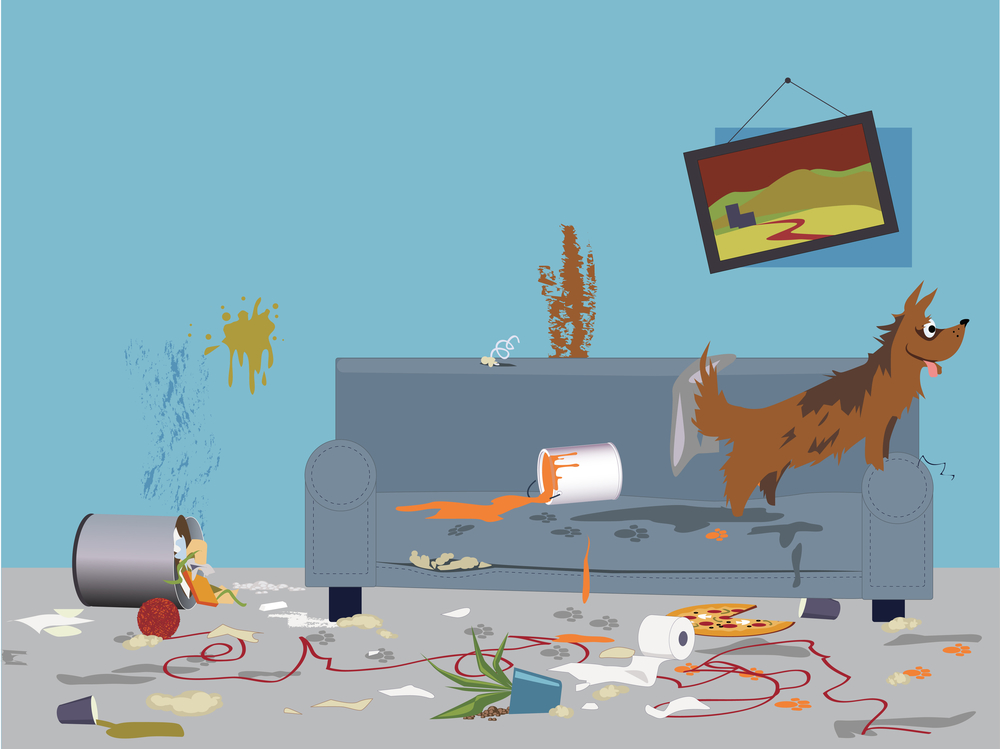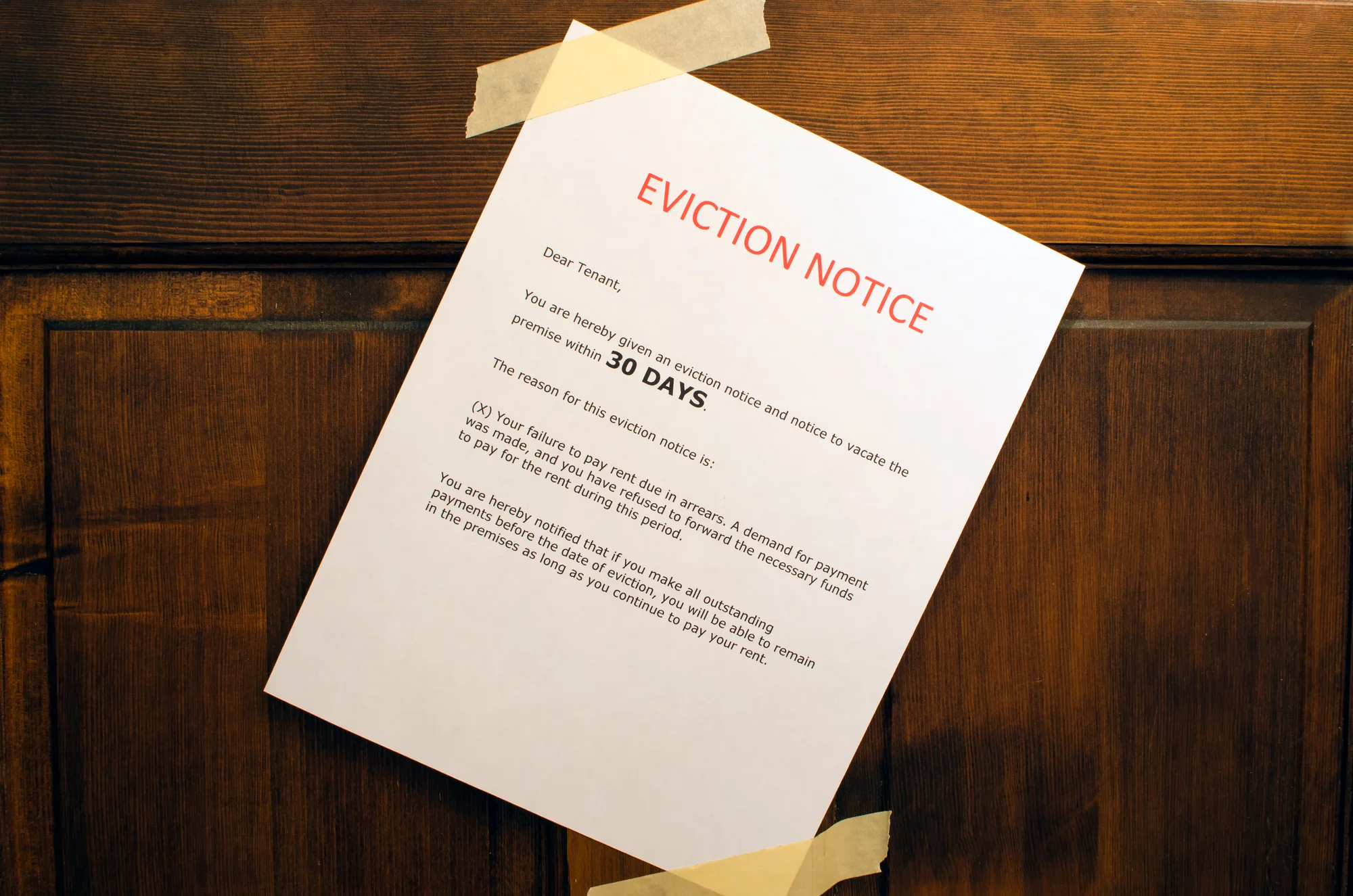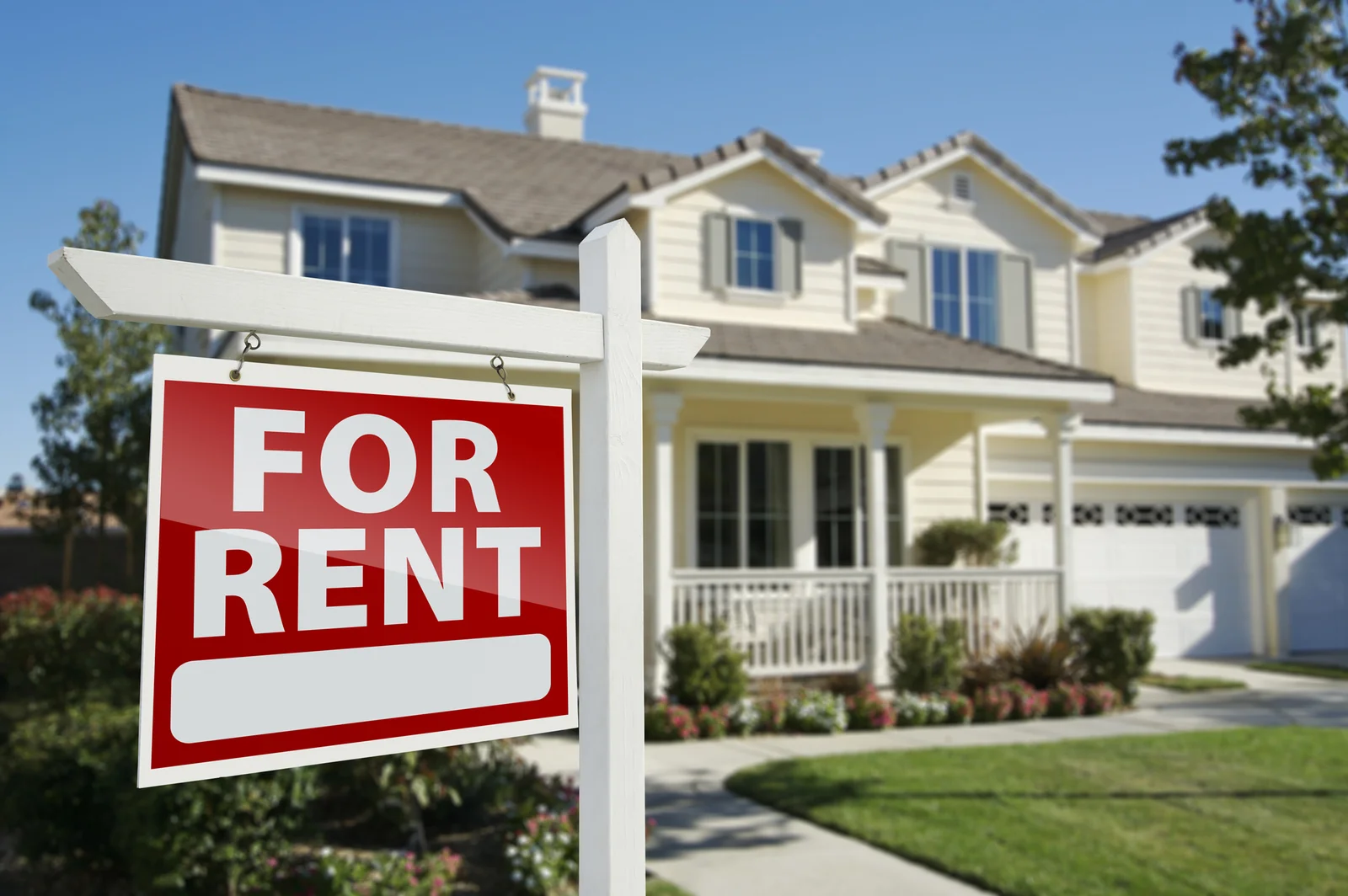I am a big fan of buy and hold method. That being said, if you’re going to go down this path, you will want to know how to increase the rent and the return from your rentals. Doing so encompasses all factors of property management. Leasing faster and to higher quality tenants will increase your return. Renting for a higher price and increasing the rent upon renewal will as well. And so will preventing maintenance problems before they come up, as well as increasing tenant retention. We will go over 9 ways to increase rent and value of your rental property.
1. Improve the Appearance of the Front of the Property
It’s often noted that people make up their minds about you in seven seconds. In other words, you don’t have long to make a first impression. Neither does your rental. Simple aesthetic improvements such as window shutters, painting the front door, mowing the lawn, hedging any bushes or trees, replacing the mailbox or address numbers and the like can be hugely important.
2. Quality Advertising
I’ve heard it said occasionally that “all we need to do to rent a house is put a sign in the yard.” I think this is the wrong approach. If all you have is a sign in the yard then you will not get as many available applicants. You may indeed get property rented but you may have been able to get higher rent or been more selective on renter if you had larger pool of applicants.
Put simply, renting a property with only a sign probably means you are under-renting it. At Magnolia we have a larger applicant pool from our online presence for rentals or just prospective tenants stopping in office and completing applications for next available rental.
3. Make Sure the Unit is Well Lit and Smells Good for Showings
It should go without saying that you should clean a unit before showing it. But also, make sure the lights are on and blinds are open so the unit is well-lit when the prospect comes to look at. Dark rooms look smaller and less welcoming.
Also, put some air fresheners in the unit to make it smell pleasant. As the site Fifth Sense notes, “The sense of smell is closely linked with memory, probably more so than any of our other senses.” In other words, if the property smells good, then when the prospect goes home to debate which unit they want of the many they’ve seen, yours will stick out in their memory.
I even heard of one person who baked cookies before prospects showed up. Now that’s an inviting smell sure to get a signature on the bottom line!
4. Don’t Start Your Price Too Low… Usually
The basic principal with apartment rents is that if you have low occupancy, you can’t raise your rent. But if your occupancy is around 90 to 95 percent, then it’s time to increase the rents.
With houses, though, it’s much harder to know what to rent a place for since there’s only one of it. Yes, you can comp it out on Craigslist, Zillow or RentRange or you can ask the neighbors, but you can’t be perfect.
My recommendation is to approach renting a house from the perspective that you can fix a property priced too high, but it’s hard to fix one priced too low. If you under-rent a property, you’re stuck with it. But if you set the price too high, you’ll know quickly it’s too expensive because you aren’t getting any calls. Then you can quickly adjust the price downward. So start near the top of the range you think it can rent for.
Of course, you don’t want to go crazy with this. Every day a unit sits on the market means rent that is lost forever. And if you have a lot of vacancy or it’s in the middle of the winter and few people are looking for a rental, you should certainly be more aggressive. But in most cases, it’s better to start at the high range than the low.
At Magnolia we will most likely have several properties we have rented in the area of your rental so we can quickly narrow down what property will rent for.
5. Screen, Screen, Screen — and Then Screen Some More
A high rent is useless if you’re settling for bad tenants. Take these two scenarios with the same house. One tenant rents it for $600/month and stays there all year. The other rents for $700, but you have to evict the tenant and lose two months of rent plus the costs above the deposit to turn over the unit and the cost of the eviction. Here’s how it turns out:
With any sort of loan on that property, it would almost certainly have been upside down with Tenant 2.
Remember, it’s better to have a property sit vacant than to rent to a bad tenant. Make sure to check for evictions, their criminal record and credit, and get landlord and employment references. We don’t accept evictions nor do we accept felonies unless they are very old. The tenants should also make more than three times the monthly rent in income.
Finally, I would recommend turning over your employment and landlord references to AAA or another such company. There’s an incentive to hear what you want to hear if you check yourself, and that can bias your evaluation when talking to landlords and employers. Then you push through marginal prospects you probably should have declined. Third party companies couldn’t care less, so you don’t get a blurry image when getting landlord and employment references. Magnolia can also be your resource for tenant screening. In approving a tenant we check for all of these items.
6. Charge More for Month-to-Month Rentals
We do not typically rent month-to-month to begin with, but we will allow tenants to switch over to a month-to-month arrangement once they have completed a year lease. But tenant has to pay premium. We often offer month to month rate, 6 month lease, and 12 month lease after first year is complete. The shorter the lease period the higher the rent can be.
7. Allow for Pets and Charge Pet Rent
Remember fewer prospects means less demand, and when the supply stays the same, the only consequence is a lower price.
While I wouldn’t recommend renting to people with dogs in apartments (maybe I’d allow one cat), with houses, I absolutely recommend it. Opening up your property to people with pets increases the number of prospects — and therefore demand and therefore price.
The reason is that many people want to rent houses in large part because they have pets. And Americans love, love, love their pets. It’s the one thing (other than that murder is bad) that Republicans and Democrats seem to be able to agree upon these days. One survey found that 62 percent of Americans have a pet, and of those who do, 95 percent considered their pets to be “members of the family.”
Pets do some damage, though. Luckily, you can cover for that with a nonrefundable pet deposit (we charge $250) and pet rent (we have charged $25 a pet per month). We usually set a limit of three pets and do not allow dangerous breeds of dogs.
We probably make more from pet rent than we lose in damages, but even if these charges are completely offset by more maintenance, you have dramatically increased the pool of potential renters, and with more demand comes a higher price.
8. Maintenance and Preventative Maintenance
Some of the best ways to increase returns is to lower expenses. Preventive maintenance can do just that. You should not rely on tenants to replace furnace filters, clean off A/C compressors, or clean the gutters. But these small repairs can save you thousands of dollars in HVAC and foundation repairs.
Furthermore, some tenants won’t tell you about leaks for some unknown reason. If leaks festers for too long, they can cause major dry rot and water damage.
Regular inspections can find and address these issues. It’s preferable to do them semi-annually, but even once a year is better than nothing.
Furthermore, good maintenance is the key to tenant retention. After tenant signs a lease, their only contact with you is paying rent and maintenance. Neither is pleasant. And if they’re late a month, there’s another unpleasant contact with property management.
But if you provide good maintenance, this will go a long way in keeping you in good favor with your tenants and increasing the odds of renewal. And turnover is often a landlord’s biggest expense, so anything you can do to mitigate it is a good thing for the bottom line.
9. Maintain Contact with Tenants in Other Ways
If you can find a way to positively maintain contact with your tenants, this will also help with renewals. It could be something as simple as a monthly newsletter or a social media presence.
Conclusion
You should approach the management side of your buy and hold business as not just “what you have to do to own properties,” but instead as a profit making business in and of itself. The more you can raise rents, lower costs, and increase retention, the better your bottom line will be. Good management can save bad investments, and bad management can kill good ones. Be proactive in increasing your rental returns. Of course all of these items take time and that is why hiring a good property management company can easily pay for itself over time. More info on property management.
Bigger Pockets

































